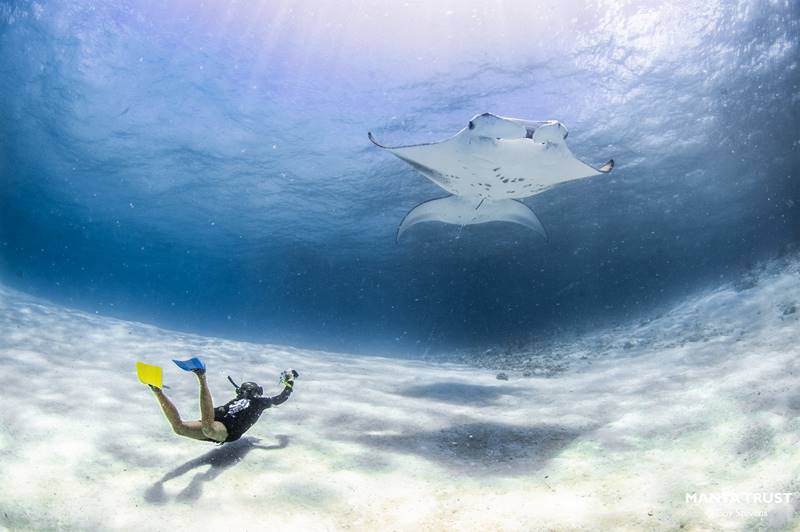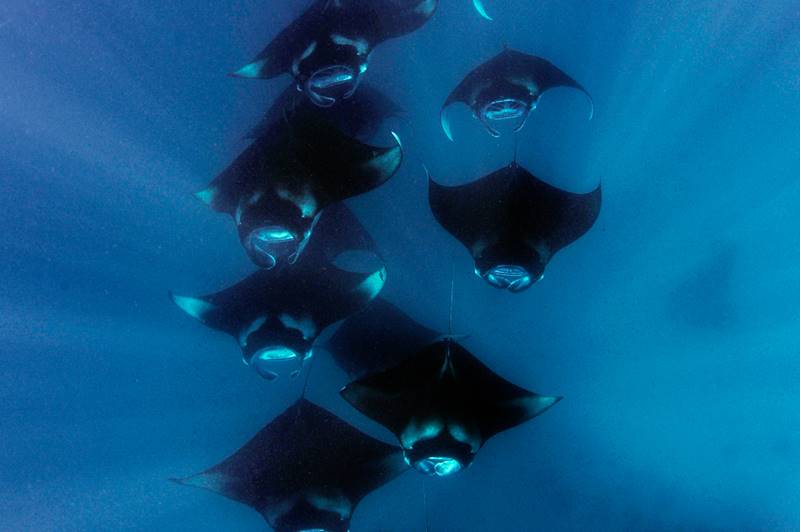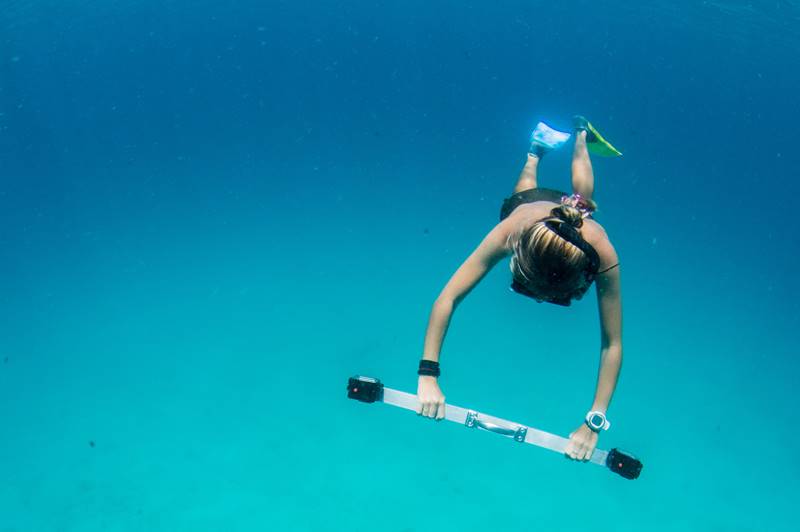
Fundraising target: £2,100 +
Funds donated: £6,500
Project: funding for dedicated research vessel, local boat crew and a Maldivian research intern in Raa Atoll, Maldives. This is one of 21 projects nominated for our 21 For 21 programme.
21 For 21 Project Partner: Manta Trust
The Manta Trust is a UK registered charity with a mission to advance the worldwide conservation of mobulids (manta and devil rays) and their habitat through robust science and research, by raising awareness, and providing education, influence, and action.
Find out more about Manta Trust. Set up a 21 For 21 Fundraising Page.
About Manta Trust
Manta Trust operates projects in over 25 countries around the world. These projects include satellite tagging oceanic manta rays (Mobula birostris) in Mexico, investigating the movements of the reef manta ray (Mobula alfredi) population in the Maldives, evaluating and quantifying the threats to manta rays and related species in Sri Lanka and India and working with fishing communities to establish a better understanding of the migration patterns of mobulid rays in Indonesia. They have also driven forward new government legislation for managing tourism at key manta sites in the Maldives, Mexico, and Palau.
Manta Rays
In recent decades a new market has emerged for manta and devil ray gill plates. The gill plates are used in a tonic in traditional Asian medicine, despite no proven health benefits. Fisheries targeting rays have had a devastating impact on populations, resulting in manta and devil ray species being listed as ‘Vulnerable’ on the IUCN’s Red List of Threatened Species.
Thanks to considerable pressure by Manta Trust and other NGOs all mobulid species have been listed on the Convention on the Conservation of Migratory Species’ Appendices I and II. This legislation means that countries must prove that any international trade in manta gill plates is sustainable and non-detrimental to the survival of the species.
However, manta rays are still being killed in their thousands, and devil rays in their tens of thousands, as bycatch in high seas fisheries. As a result, oceanic manta rays were reclassified by IUCN to ‘Endangered’ at the end of 2020.
The Role of Wildlife Tourism
Every year tourists spend an estimated US$140 million to see manta rays in the wild. Responsible wildlife tourism can help combat the issue of global manta fisheries, providing many countries with a strong economic incentive to protect these species. But manta tourism needs to be sustainable. Mantas are very sensitive to disturbance and so proper regulation is vital.
Research and monitoring is crucial in order to understand population size, composition, migratory routes, reproductive output, native ranges, and areas of critical habitats.
Observe Manta Rays – go on holiday with our responsible travel network
ID the Manta – contribute directly to global research and conservation efforts
Manta Research in Raa Atoll, Maldives
The Maldivian Manta Ray Project (MMRP) is the founding project of the Manta Trust. In 2019 the MMRP expanded operations to include a sixth research base at the Intercontinental Maamunagau in Raa Atoll, Maldives – a region of the archipelago where the project has been afforded limited opportunity to explore in the past.
In 2019 the research team recorded 485 individual manta rays, of which over half were new to the Raa Atoll reef manta ray population. The team also identified four new locations which have been deemed key sites for observing mass feeding aggregations of manta rays. Excitingly, this includes the large sheltered Maamunagau Lagoon where the project is based, which has been identified as a possible nursery habitat for mantas with a high percentage of juveniles recorded during the year, including many new-born pups.
In 2020 Covid-19 brought Manta Trust’s operations in the Maldives to a halt for the first time in 15 years. Researchers are based in-resort and offer talks and excursions for guests while also conducting monitoring. With guest numbers at resorts still low there have been limited opportunities for the research teams to return.
21 For 21 will provide the Raa Atoll team with a dedicated research vessel and local boat crew for two months to enable them to investigate how the slump in tourism has affected manta ray distribution and behaviour. This knowledge will help to inform more effective management measures when tourism returns to pre-pandemic levels. Will there be signs of illegal fishing activities, or will populations have thrived?
In an effort to support the local community, 21 For 21 will also fund a Maldivian intern to work under Manta Trust’s guidance and training during this period, receiving first-hand practical experience to undertake ground-breaking research and develop skills in scientific analysis.
Images courtesy of Guy Stevens and Simon Hilbourne – Manta Trust
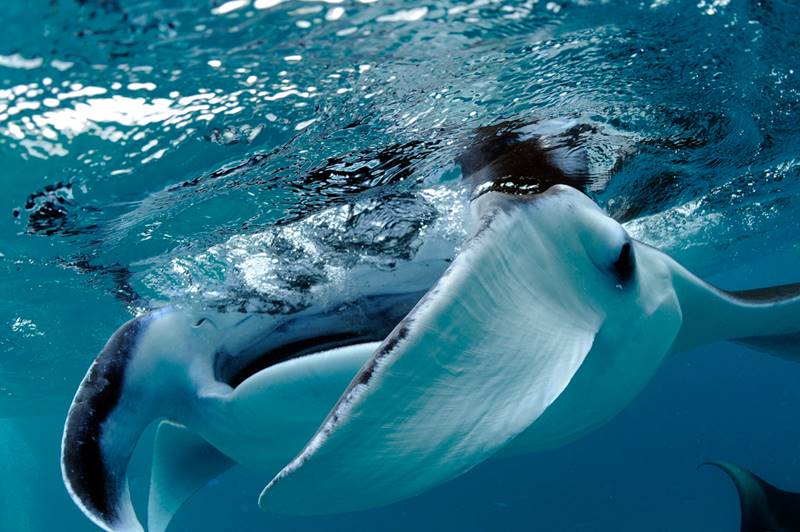
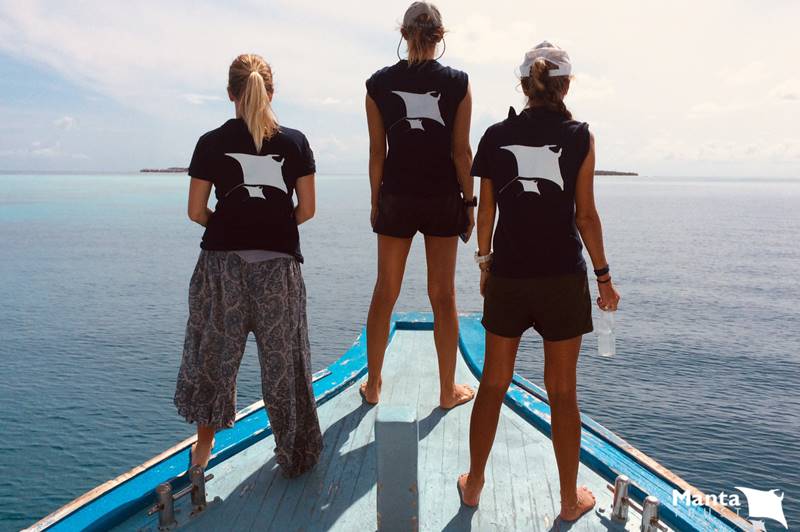
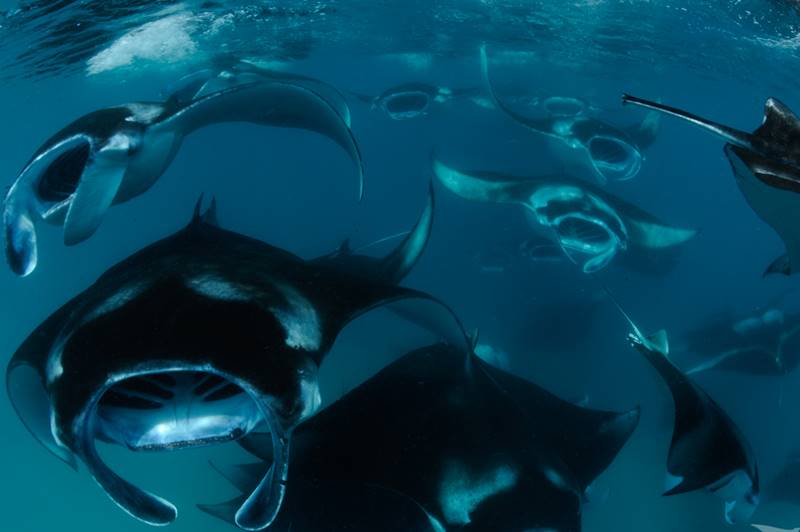
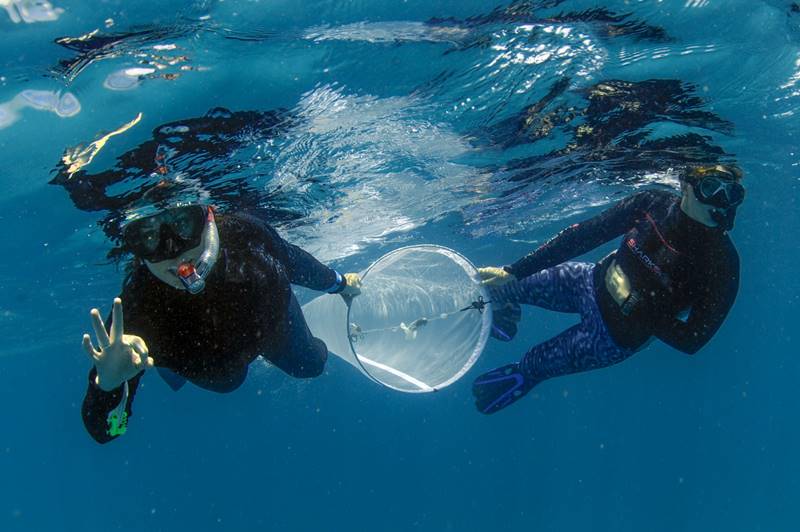
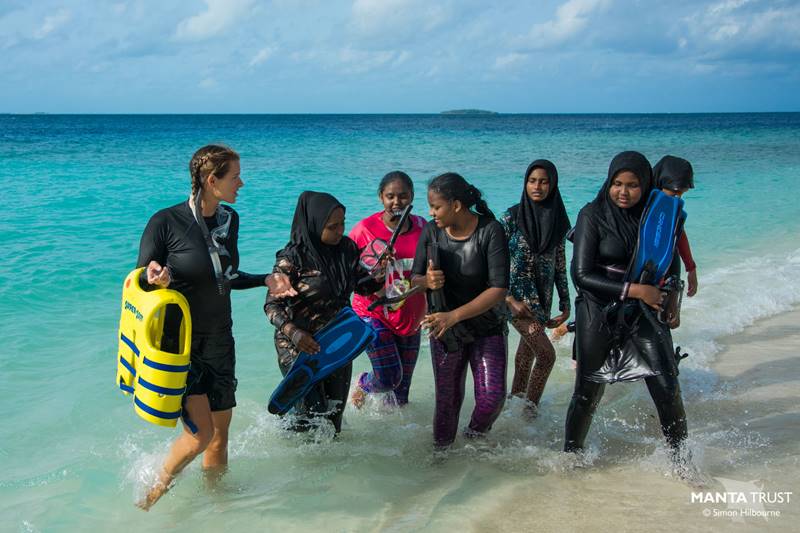
All funds raised during 2021 will contribute to the 21 For 21 Project Fund so please do sign up for a sponsored challenge (details here), support our creative initiatives, or make a donation if you are able to. Every Pound makes a difference. Thank you.
